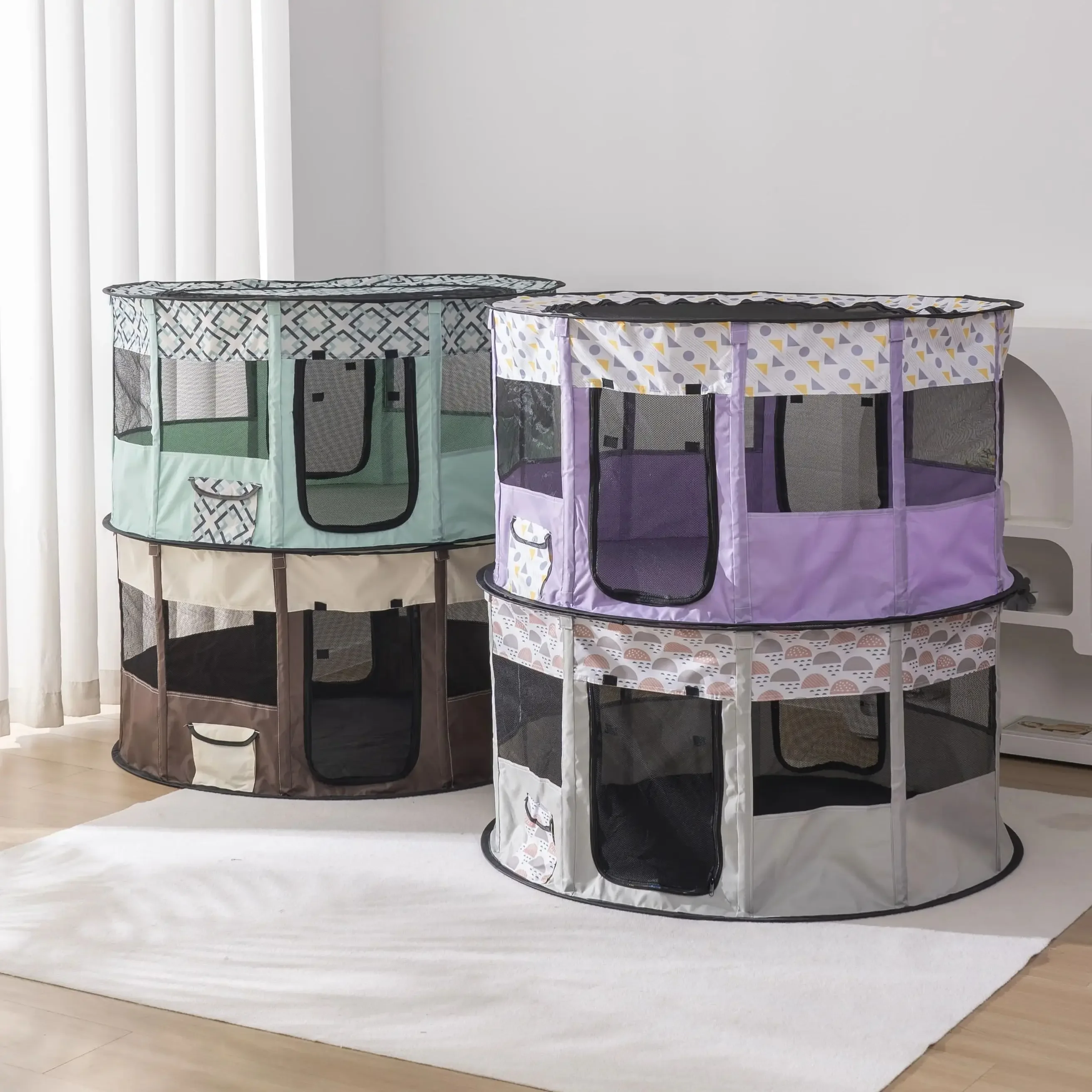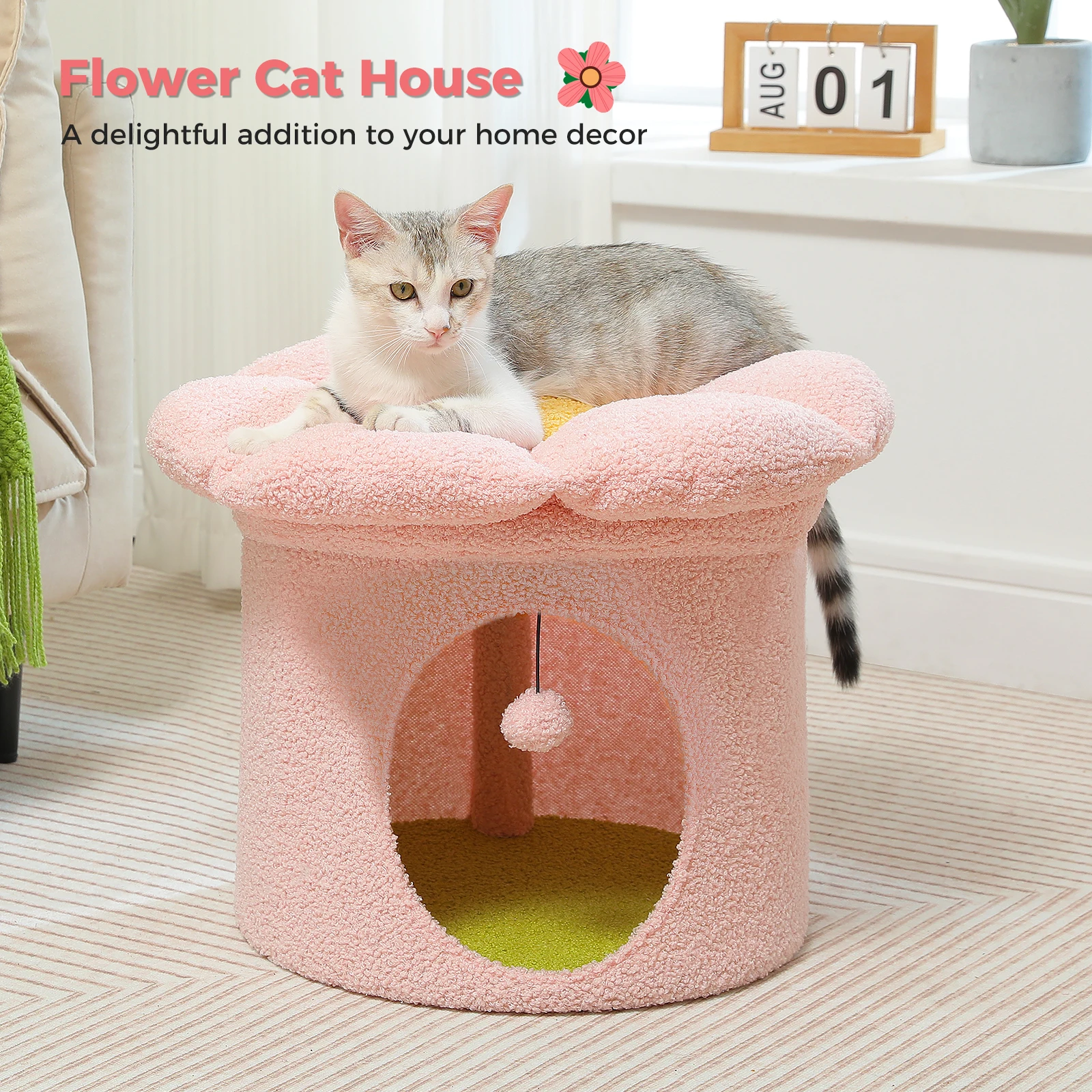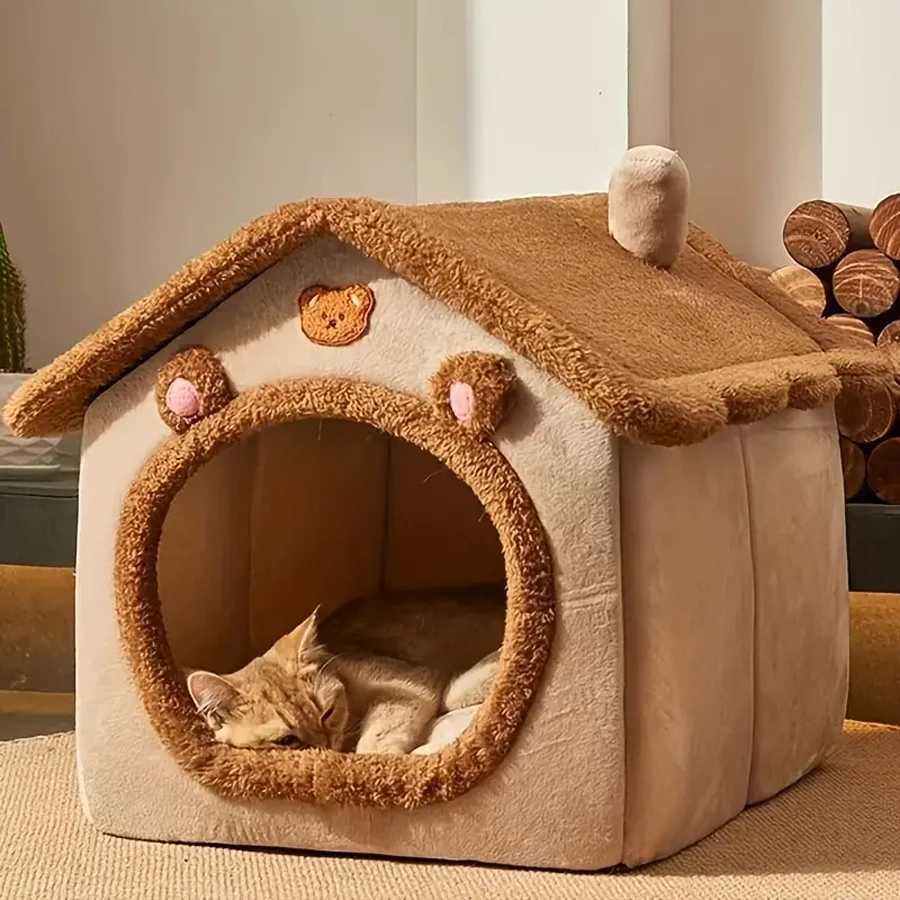The Feline Innovators of Mental Health: Cats and Their Therapeutic Impact on Well-being
- No Comments
In recent years, the field of mental health has seen a growing recognition of the therapeutic roles that animals can play in improving emotional well-being. Among these animals, cats have emerged as unlikely yet significant allies in the fight against mental health challenges. While dogs have long been praised for their companionship and support, the subtler, more understated presence of cats is now being acknowledged for its unique contributions to emotional health.
Research into the human-animal bond has highlighted the calming effect that cats can have on their human companions. This bond can lead to a reduction in stress, anxiety, and even depression. The soothing presence of a cat purring in your lap can be a balm to frayed nerves, offering a sense of tranquility and peace. Studies have shown that the frequency of a cat’s purr, which ranges from 25 to 150 Hertz, can promote healing and reduce stress levels in humans. This discovery has spurred further investigation into how the vibrations from purring may have therapeutic effects, such as lowering blood pressure and alleviating symptoms of anxiety.
Moreover, the routine care of a cat can provide a sense of purpose and structure, which is particularly beneficial for those suffering from depression. The responsibility of feeding, grooming, and playing with a cat can instill a daily routine that encourages individuals to engage in regular activities, potentially alleviating symptoms associated with depression and other mental health disorders. This routine can also foster a sense of accomplishment and self-worth, as the care provided to a feline companion is reciprocated with affection and companionship.
In therapeutic settings, cats are increasingly being introduced as part of animal-assisted therapy programs. These programs aim to improve emotional well-being and social interaction among participants. Cats, with their intuitive nature, can often sense when a person is distressed and will offer comfort by simply being present. This non-judgmental companionship can be particularly healing for those who may feel isolated or misunderstood. The quiet companionship that cats offer can encourage individuals to open up, facilitating communication and emotional expression in a safe and nurturing environment.
The influence of cats on mental health is not limited to individual experiences. Many mental health facilities and nursing homes have incorporated resident cats into their environments, observing notable improvements in the atmosphere and the mood of residents. The presence of these feline companions has led to more social interactions and has served as a catalyst for forming friendships among residents, as shared interest in the cats can bridge social gaps and create a sense of community.
Despite their reputation for independence, cats have proven to be intuitive and empathetic creatures capable of forming deep and meaningful connections with humans. Their ability to provide comfort and companionship without the need for constant attention makes them ideal partners for those who grapple with mental health challenges. As awareness of the mental health benefits conferred by cats continues to grow, so too does the hope that these purring therapists will play a greater role in the lives of those seeking solace and healing.
In conclusion, while cats may not have been traditionally viewed as therapeutic animals, their quiet presence, gentle purring, and independent nature have proven to be powerful tools in enhancing mental well-being. As the mental health landscape evolves, the role of cats as facilitators of emotional health is likely to expand, offering a new avenue of support for those in need of healing companionship.

In recent years, the field of mental health has seen a growing recognition of the therapeutic roles that animals can play in improving emotional well-being. Among these animals, cats have emerged as unlikely yet significant allies in the fight against mental health challenges. While dogs have long been praised for their companionship and support, the subtler, more understated presence of cats is now being acknowledged for its unique contributions to emotional health.
Research into the human-animal bond has highlighted the calming effect that cats can have on their human companions. This bond can lead to a reduction in stress, anxiety, and even depression. The soothing presence of a cat purring in your lap can be a balm to frayed nerves, offering a sense of tranquility and peace. Studies have shown that the frequency of a cat’s purr, which ranges from 25 to 150 Hertz, can promote healing and reduce stress levels in humans. This discovery has spurred further investigation into how the vibrations from purring may have therapeutic effects, such as lowering blood pressure and alleviating symptoms of anxiety.
Moreover, the routine care of a cat can provide a sense of purpose and structure, which is particularly beneficial for those suffering from depression. The responsibility of feeding, grooming, and playing with a cat can instill a daily routine that encourages individuals to engage in regular activities, potentially alleviating symptoms associated with depression and other mental health disorders. This routine can also foster a sense of accomplishment and self-worth, as the care provided to a feline companion is reciprocated with affection and companionship.
In therapeutic settings, cats are increasingly being introduced as part of animal-assisted therapy programs. These programs aim to improve emotional well-being and social interaction among participants. Cats, with their intuitive nature, can often sense when a person is distressed and will offer comfort by simply being present. This non-judgmental companionship can be particularly healing for those who may feel isolated or misunderstood. The quiet companionship that cats offer can encourage individuals to open up, facilitating communication and emotional expression in a safe and nurturing environment.
The influence of cats on mental health is not limited to individual experiences. Many mental health facilities and nursing homes have incorporated resident cats into their environments, observing notable improvements in the atmosphere and the mood of residents. The presence of these feline companions has led to more social interactions and has served as a catalyst for forming friendships among residents, as shared interest in the cats can bridge social gaps and create a sense of community.
Despite their reputation for independence, cats have proven to be intuitive and empathetic creatures capable of forming deep and meaningful connections with humans. Their ability to provide comfort and companionship without the need for constant attention makes them ideal partners for those who grapple with mental health challenges. As awareness of the mental health benefits conferred by cats continues to grow, so too does the hope that these purring therapists will play a greater role in the lives of those seeking solace and healing.
In conclusion, while cats may not have been traditionally viewed as therapeutic animals, their quiet presence, gentle purring, and independent nature have proven to be powerful tools in enhancing mental well-being. As the mental health landscape evolves, the role of cats as facilitators of emotional health is likely to expand, offering a new avenue of support for those in need of healing companionship.








